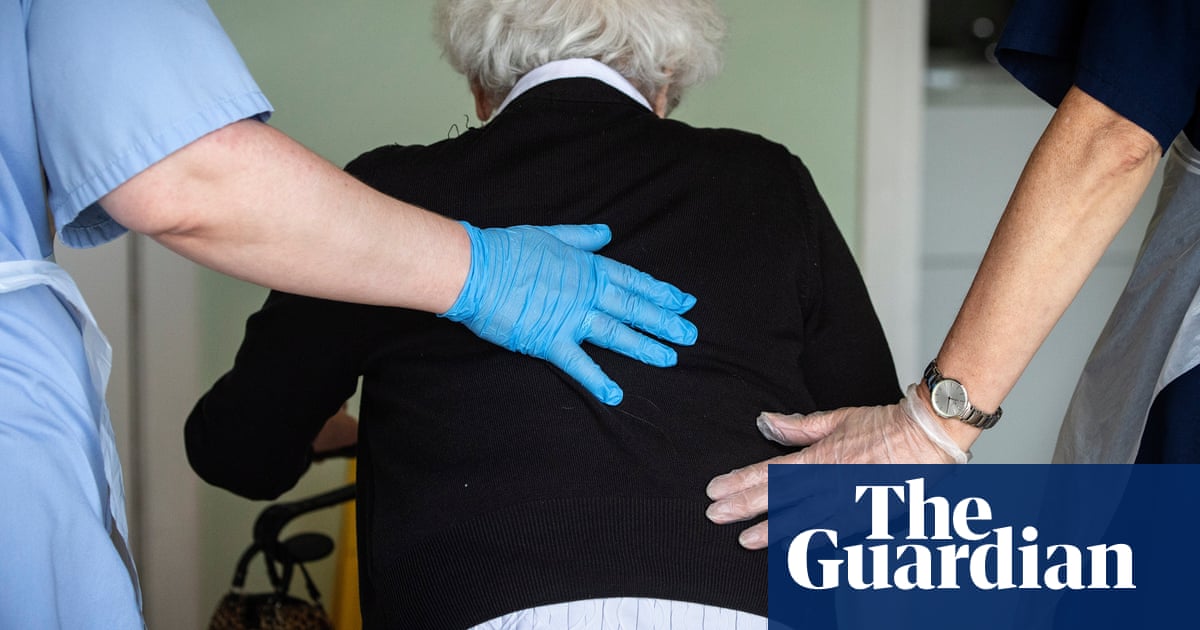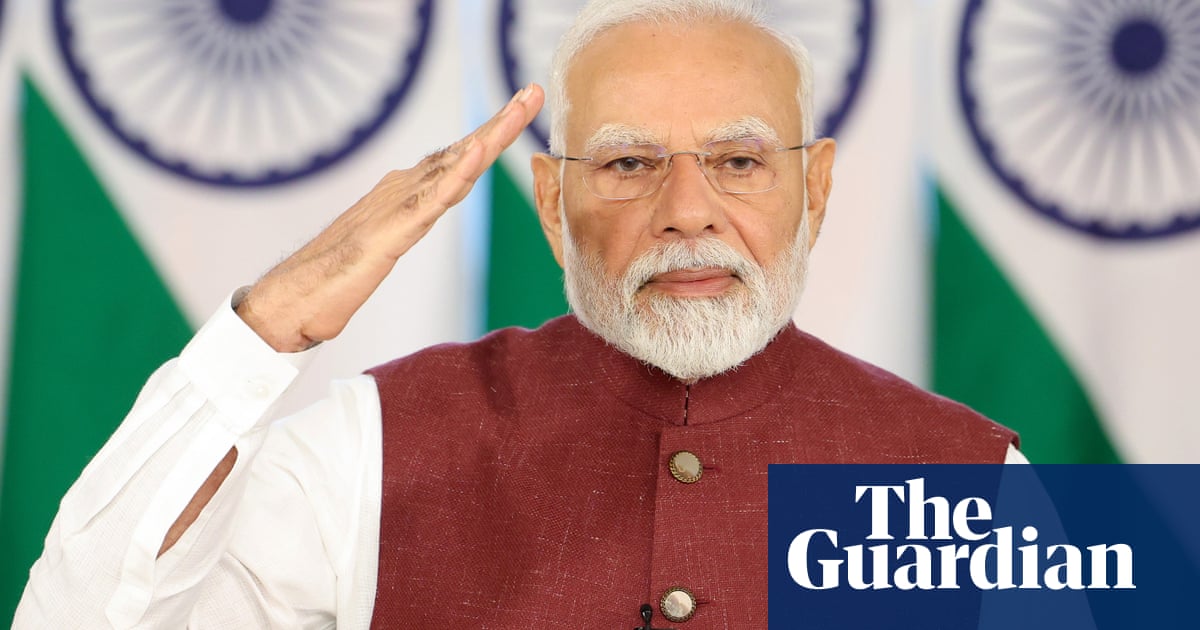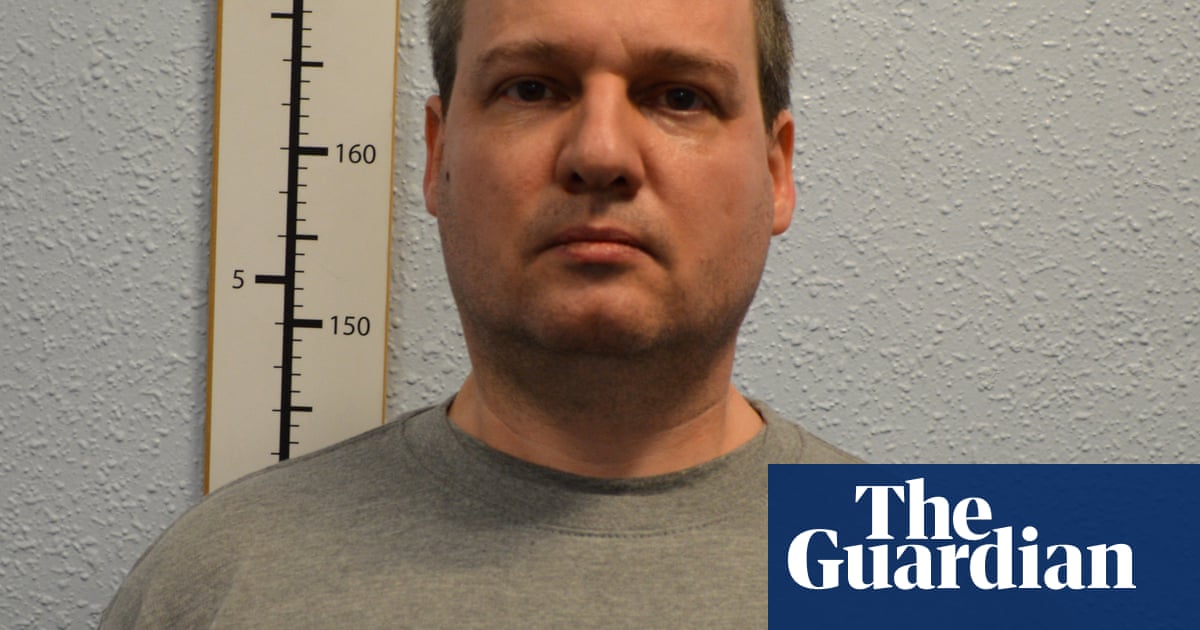The Labour government’s continued delay in delivering its promised UK-wide ban on conversion practices is disappointing, dangerous and sends the message that the safety of LGBTQ+ people is optional, according to campaigners.
In a strongly worded statement, Saba Ali of the Ban Conversion Therapy Coalition said its message to the government was clear: “Stop the delay and deliver the promise. It’s been seven years since a ban was first pledged, yet LGBT+ people are still being subjected to degrading, abusive practices while the government dithers.
“This failure to act is not just disappointing, it is dangerous. Every delay sends a message that our lives are negotiable, that our safety is optional.”
In a sign of its growing frustration, the coalition has spoken out after repeated assurances from Labour sources that a bill setting out the full trans-inclusive ban on practices aimed at changing a person’s sexual orientation or gender identity – which the party committed to in its manifesto – would have made progress by this spring.
Plans for a similar ban fell apart under the Tory government in 2022 amid moves to exclude trans people and concerns about the introduction of a loophole of “informed consent”.
Ali, the interim chair of the coalition of LGBTQ+, faith and mental health organisations created in 2020, added: “We are calling for immediate, comprehensive legislation that bans all forms of conversion practices, without loopholes, without exemptions, and without leaving anyone behind.
“This must include explicit protections for trans and non-binary people, and criminalise the promotion, referral and practice of these so-called ‘therapies’ in all settings, including religious and ‘consensual’ ones. We also demand real support for survivors, and an independent watchdog to ensure accountability.”
Campaigners have expressed growing concerns that Labour is reluctant to engage with the issue in the aftermath of the supreme court ruling on biological sex – which does not impact legally on a proposed ban – and poor local election results. Labour anxieties about the popularity of Reform UK reportedly prompted it to shelve plans to change the gender recognition process in January, because it would be “catnip” to Nigel Farage.
Before this Stonewall’s new chief executive, Simon Blake, said in March that he feared the progress of Labour’s bill may be exploited by those pursuing global attacks on LGBTQ+ rights.
Ali acknowledges that the equalities minister, Bridget Phillipson, reiterated in the Commons last month Labour’s commitment to a trans-inclusive ban but said: “The government must move from promises to protection because human rights should never be up for debate.”
A UK government spokesperson said: “Conversion practices are abuse – such acts have no place in society and must be stopped.”
“We committed to bringing forward legislation to finally ban conversion practices as one of our legislative priorities set out in the king’s speech.”
The Scottish government confirmed earlier this month that it had scrapped its plans to ban conversion practices via stand-alone Holyrood legislation, but will work with UK ministers on a UK-wide ban.
The Scottish National party’s equalities minister, Kaukab Stewart, said her government remained “absolutely committed to protecting LGBTQI+ communities from the harm caused by conversion practices” and would continue to engage with Westminster. “But we are clear that if their bill does not meet our priorities or does not go far enough, then we intend to publish our own bill in the first year of the next parliamentary session”.
Blair Anderson of End Conversion Therapy Scotland said the Scottish government’s decision to wait for progress at Westminster was “doubly damaging”.
“Scotland has a chance to lead on this issue and be the first part of the UK to ban conversion therapy. Rather than letting Keir Starmer and Wes Streeting hold veto power over LGBTQ+ rights in Scotland, the Scottish government needs to start standing up for queer people again.”

 4 hours ago
5
4 hours ago
5













































